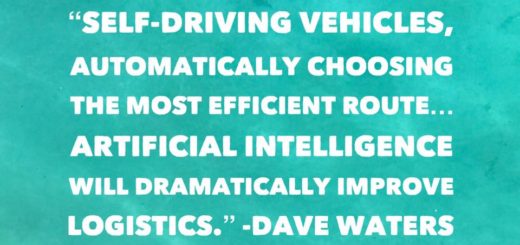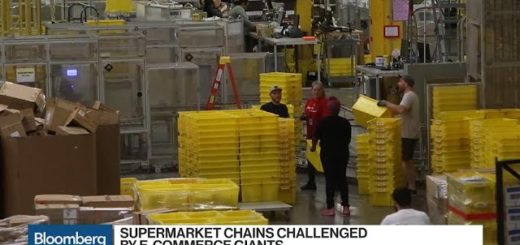Future of Supply Chain
The Future of Supply Chain
The future of supply chain is expected to be shaped by a number of factors, including advances in technology, changing consumer behavior, and shifts in global economic and political conditions. Some key trends that are likely to shape the future of supply chain include:
- Increased automation and digitalization: Advances in technology such as artificial intelligence, machine learning, big data, and the Internet of Things (IoT) will enable greater automation and digitalization of supply chain processes. This will lead to improved efficiency, better decision-making, and increased visibility across the supply chain.
- Greater focus on sustainability and social responsibility: Companies are increasingly recognizing the importance of sustainability and social responsibility in the supply chain. This includes reducing environmental impact, promoting fair labor practices, and addressing human rights issues.
- Increased use of 3D printing and other advanced manufacturing technologies: Advancements in manufacturing technologies such as 3D printing, robotics, and automation will enable more efficient and flexible production processes, leading to shorter lead times and greater customization.
- Greater emphasis on resilience and flexibility: Supply chains will need to be more resilient and flexible in the face of disruptions and uncertainty. This will involve more diverse sourcing strategies, greater use of automation and digitalization, and increased collaboration across the supply chain.
- Greater focus on end-to-end visibility and traceability: Companies will increasingly demand end-to-end visibility and traceability across the supply chain, in order to identify and mitigate risks, improve efficiency, and meet regulatory requirements.
- More use of blockchain technology: Blockchain technology enables secure and transparent sharing of information, enabling more efficient and cost-effective supply chain processes, increased trust, and improved traceability.
- More use of drones and autonomous vehicles: Drones and autonomous vehicles will be increasingly used for tasks such as inventory management, delivery, and transportation.
- Greater focus on urban logistics: The increasing focus on e-commerce and urbanization, will drive the need for more efficient and sustainable urban logistics solutions.
These trends will likely lead to significant changes in the way supply chains are managed, with a greater emphasis on automation, digitalization, and sustainability. Companies will need to be agile and adaptable in order to keep pace with these changes and remain competitive in the future.
Other videos you may find interesting:
- Alibaba Supply Chain Warehouse
- Amazing Amazon Story – Jeff Bezos Full Speech. 120k views.
- Coca Cola Factory
- DHL Supply Chain Management
- Distribution Centers & Supply Chain Management Explained. 3k views.
- End To End SCM Process
- Heavy Equipment Accidents Caught On Tape – BE CAREFUL
- How Do They Do It? – Airplane Recycling. 4.5 million views
- Rebalancing the Global Supply Chain. Knowledge@Wharton
- SCM Resources by Topic & Supplier*
- Supply Chain Training & Overview
- Supply Chain and Strategy Key Concepts
- “Sam Walton’s Values.” Look at how people treat others and it says a lot.








































